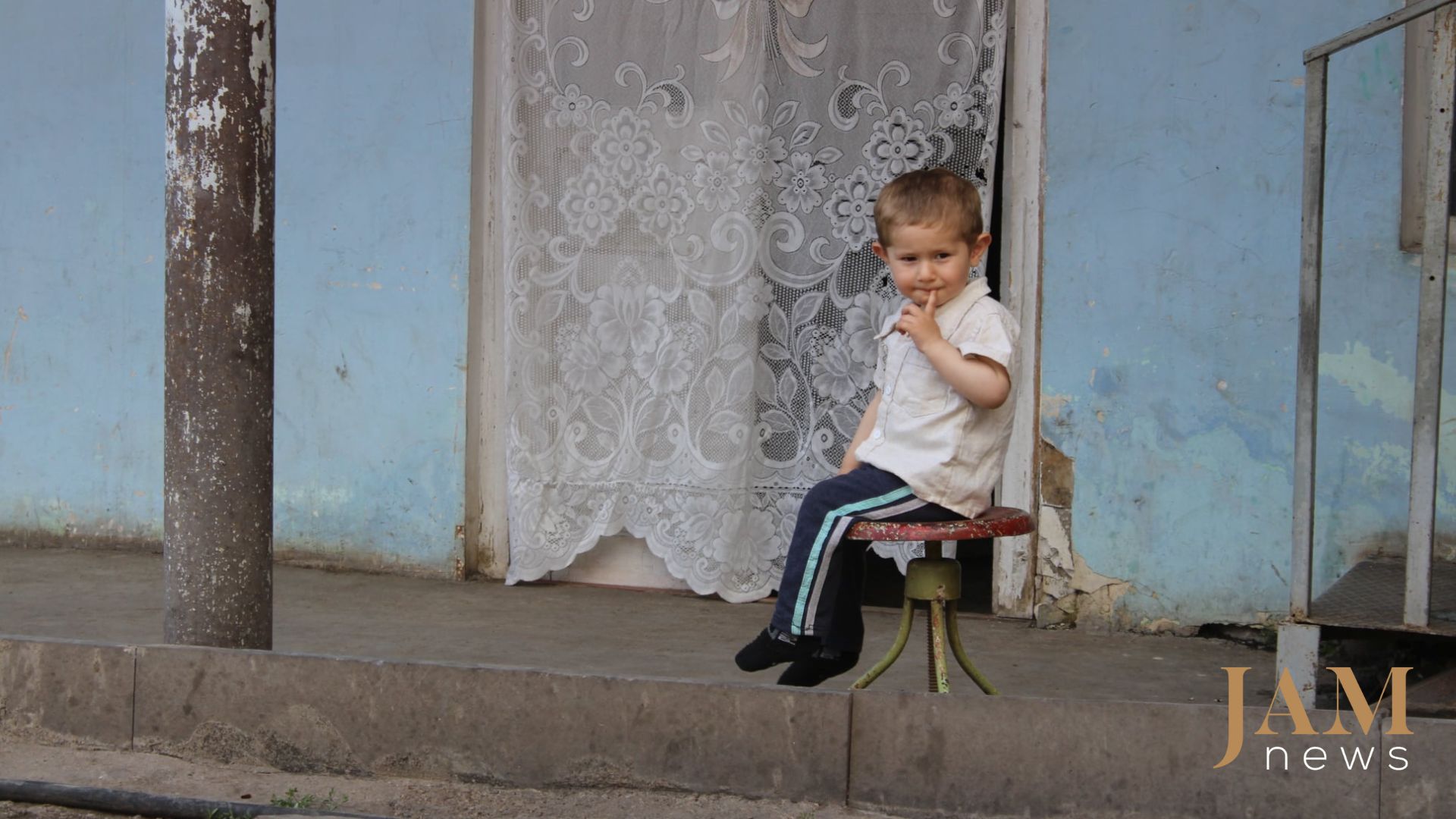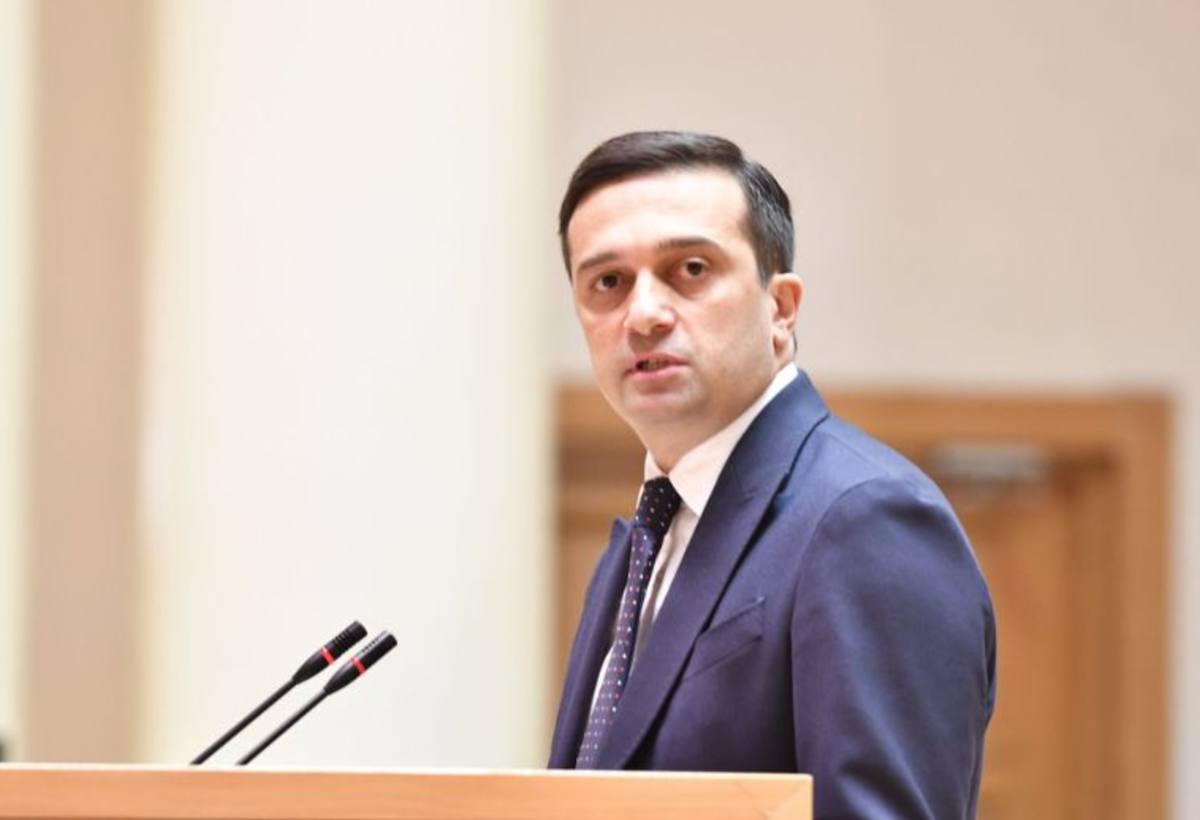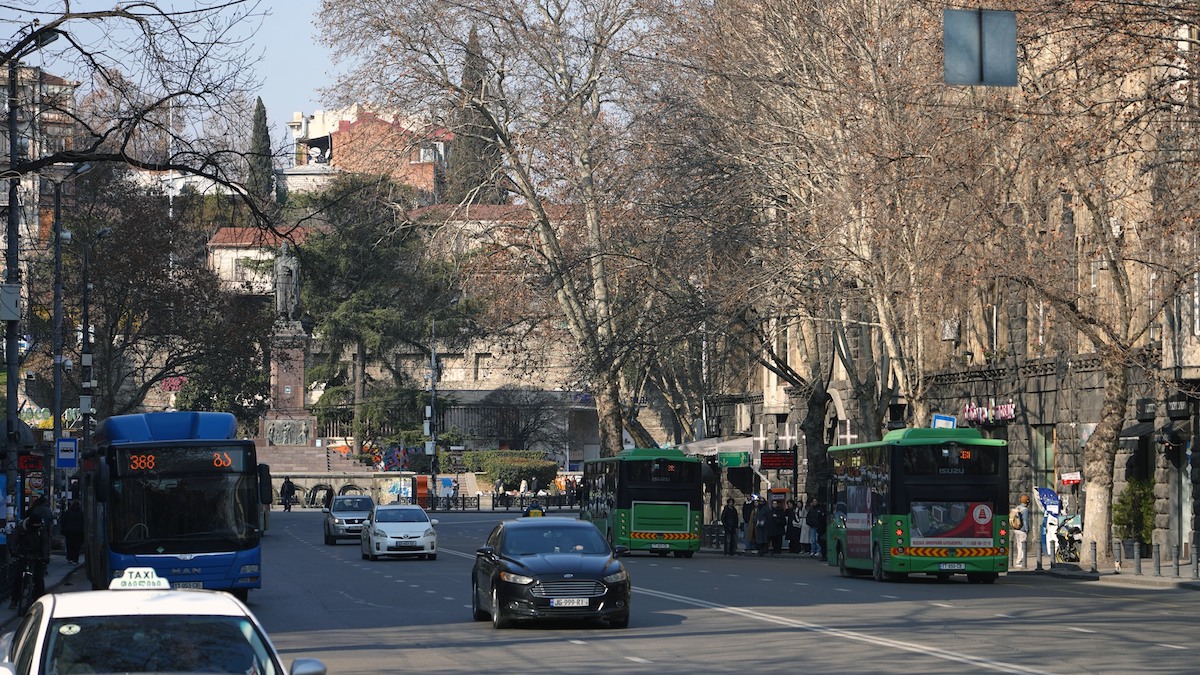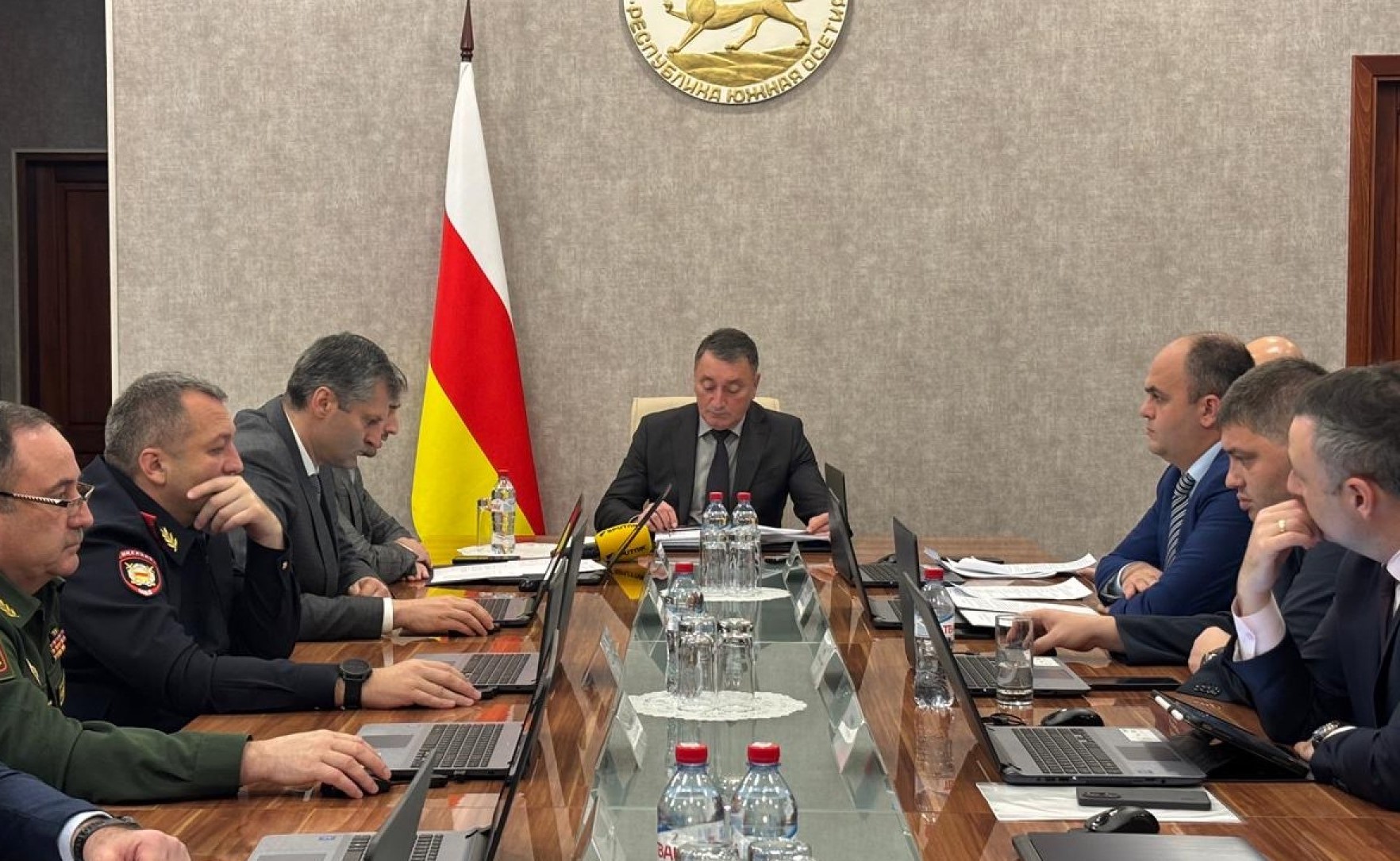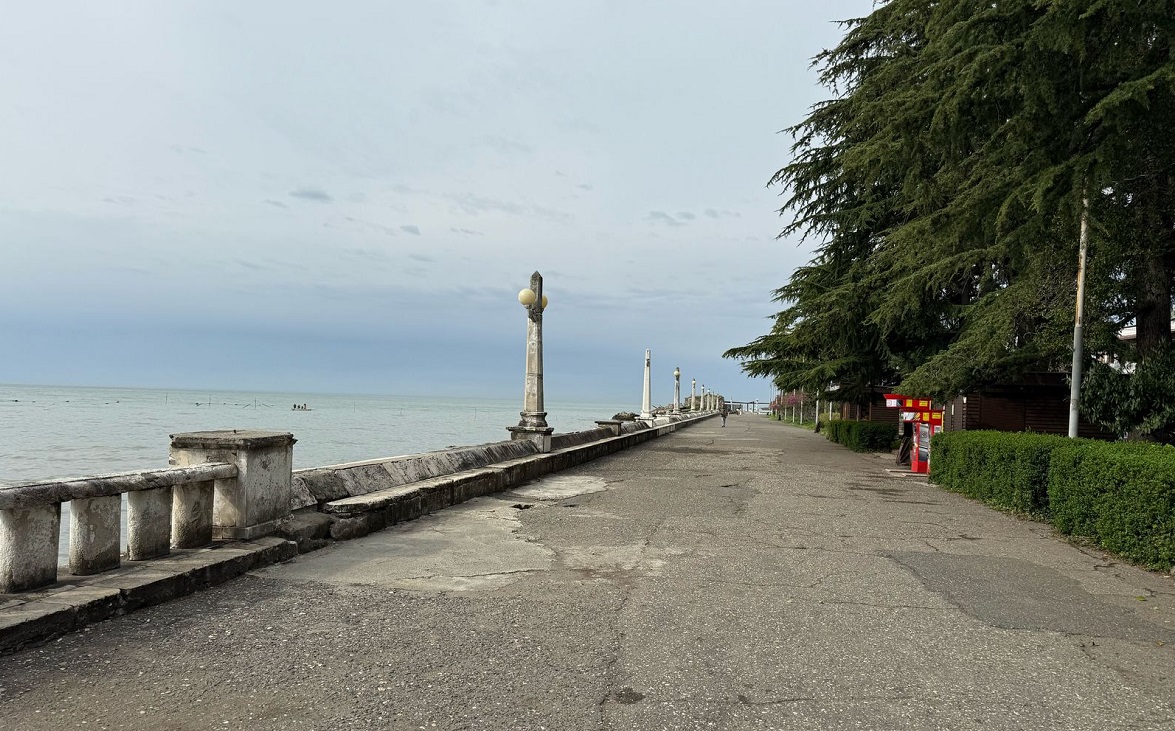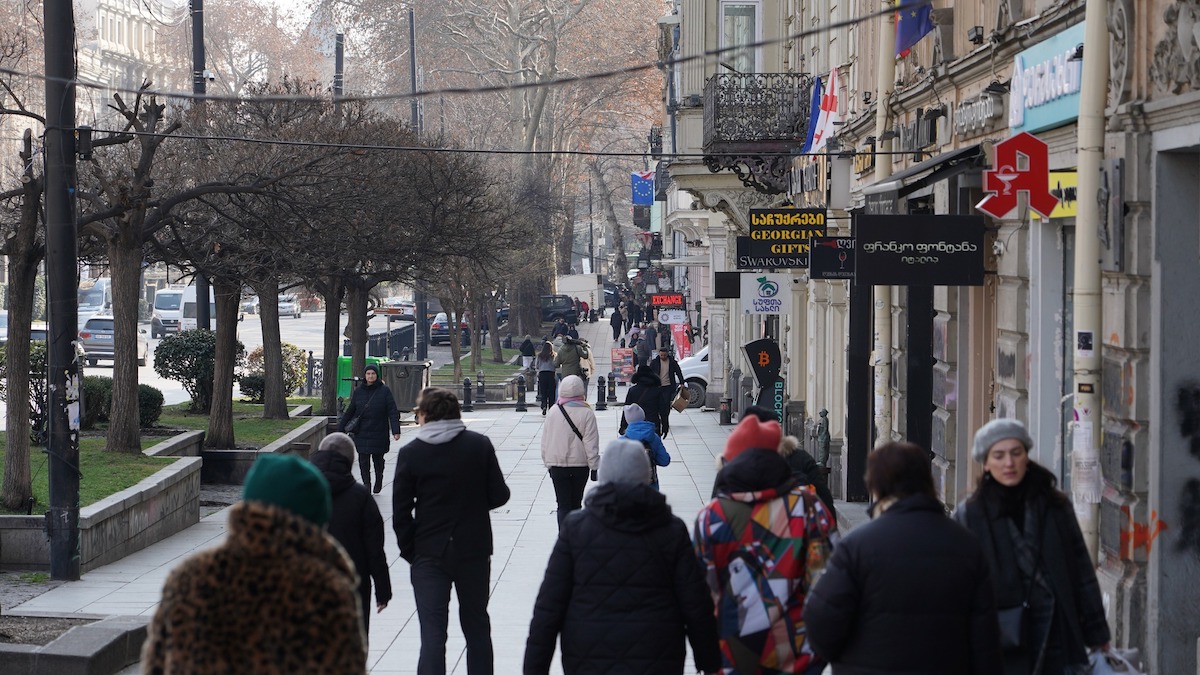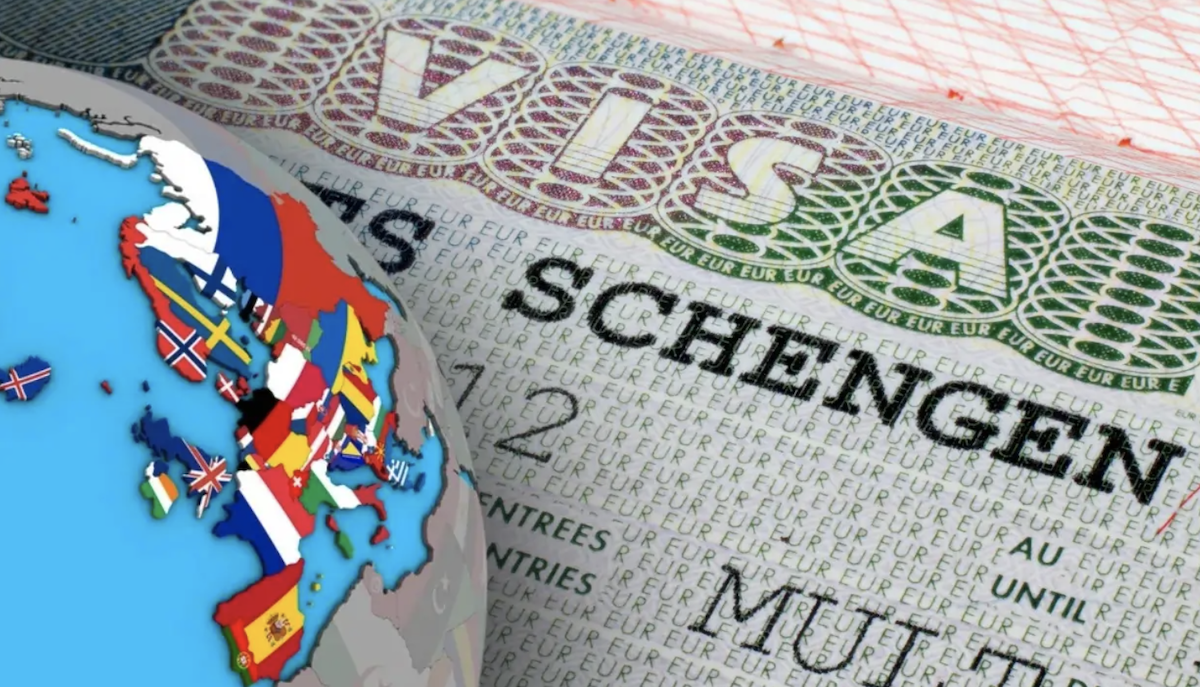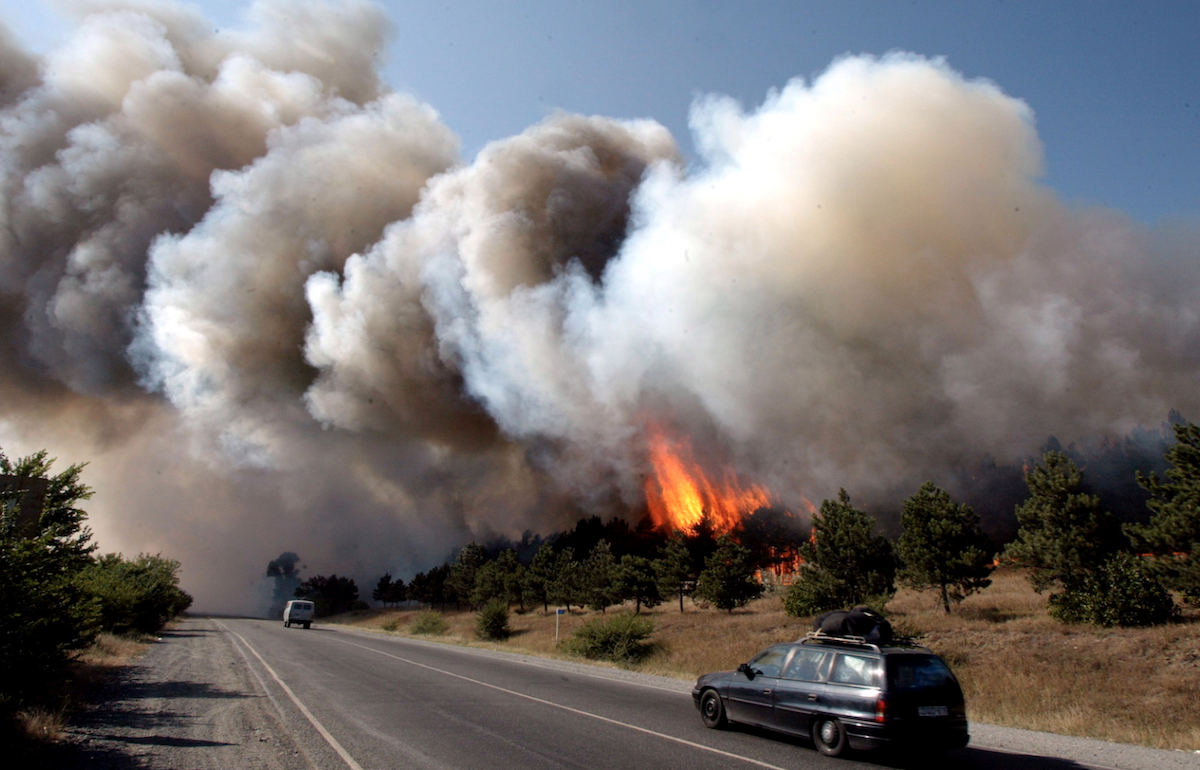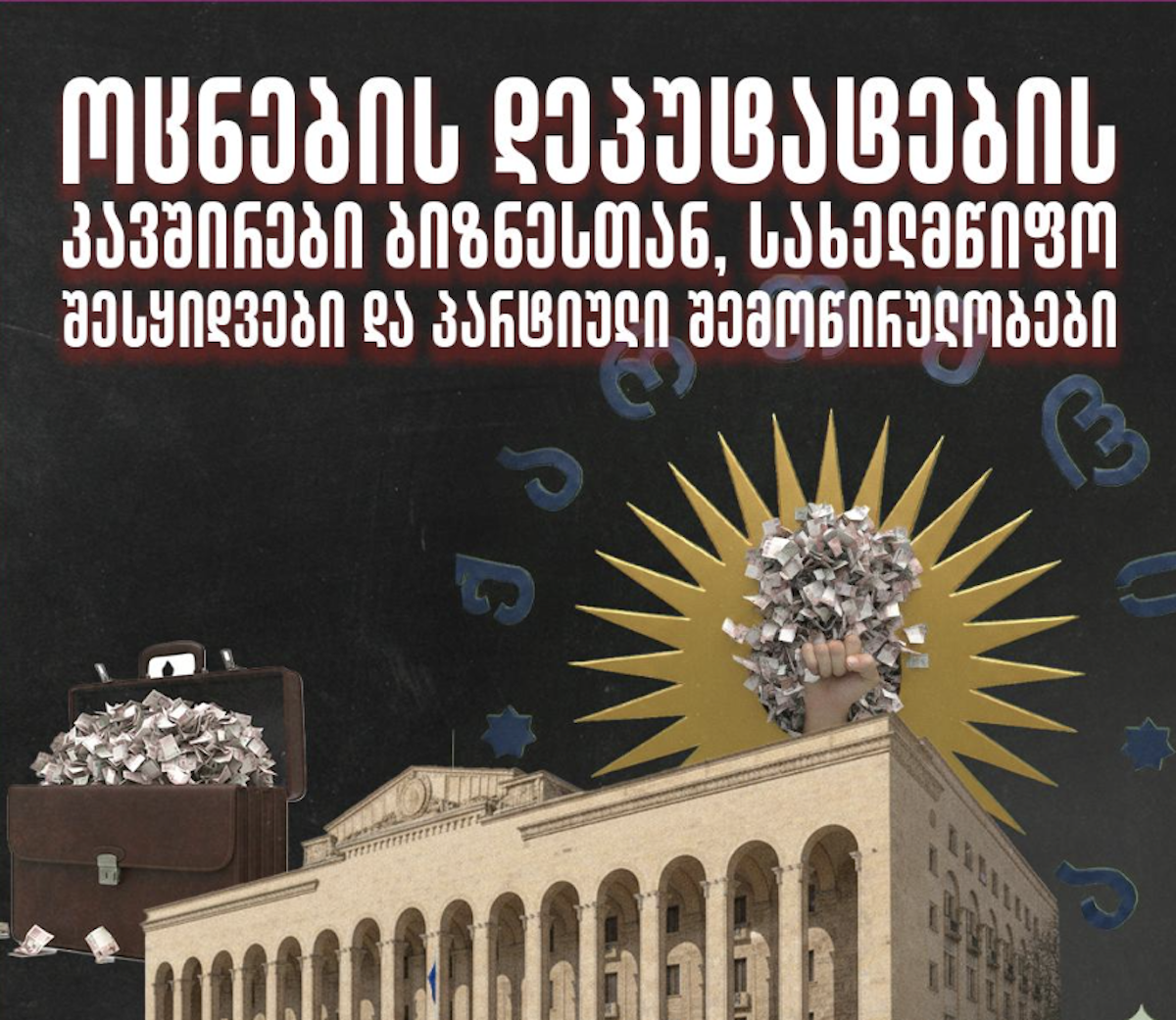Georgia to introduce new rules for under-14s deemed ‘in conflict with law’
Georgia’s law on offenders under 14
Parliament in Georgia is preparing to adopt a new law targeting minors who commit offences under the Criminal Code before the age of 14.
Under the proposal, such children would be enrolled in a tailored programme based on their individual needs. In certain cases, and with a court’s approval, they could also be placed in a rehabilitation centre.
Experts have criticised the bill, arguing that “placing children in prison-like institutions” is not an effective way to address juvenile crime. The government insists the approach is widely used in Europe — particularly in Germany — and says Georgia is directly modelling its system on the German example.
Current Georgian legislation does not allow for criminal liability for anyone under 14, nor does it offer a mechanism for responding to offences committed by children in this age group. The explanatory note to the draft law says it was developed to address this gap, with the aim of “resocialisation, rehabilitation, support and the prevention of offences” among minors under the age of 14.
Under the draft law, a new legal entity under the Ministry of Justice will be created — the Centre for the Rehabilitation and Support of Juveniles in Conflict with the Law. This body will serve as the lead institution responsible for implementing the measures set out in the legislation. Its responsibilities will include:
- Assessing the condition and individual needs of a juvenile in conflict with the law;
- Referring the child to relevant services or programmes;
- Overseeing the child’s participation in those services or programmes;
- Monitoring the child’s situation after completing the programme;
- And, in cases defined by law, placing the child in a rehabilitation home.
Under the draft law, a prosecutor will have the authority to refer a minor to a rehabilitation centre if there is a finding that the child, under the age of 14, has committed an unlawful act.
After completing the individual programmes at the centre, if further intervention is deemed necessary, the prosecutor may apply to the court and, with the judge’s approval, place the child in the Juvenile Rehabilitation and Support Home.
The bill also stipulates that a parent or legal guardian who refuses to cooperate with the centre or fails to comply with programme requirements may face administrative penalties.
The explanatory note emphasises that the measures outlined in the draft law are not equivalent to criminal penalties.
“They are aimed not at punishing the juvenile, but at assisting them, protecting them, and developing relevant social skills. Every decision in this process will be based on the best interests of the child and made using an interdisciplinary approach, involving professionals such as psychologists, lawyers, and doctors to assess the needs of minors in conflict with the law,” the note says.
The bill, drafted and sponsored by MPs from the ruling Georgian Dream party, was submitted to parliament on 17 November.
Commentaries
Georgia’s deputy interior minister, Alexander Darakhvelidze, told journalists that the model is widely used in Europe and that Georgia is directly adopting the German approach. He said the mechanism is expected to deliver tangible results and address public concerns.
“In many European countries, this model is actively applied. It concerns cases where a child under 14 has committed an offence, and, according to an interdisciplinary assessment, other measures are ineffective, and the court determines that the child requires effective support, with the state taking responsibility for their care.
In practice, I believe this mechanism will produce significant results and help resolve issues that concern the public and private companies that may have suffered losses without effective state mechanisms to prevent them. The interests of these children will be protected through care, rehabilitation, and participation in relevant programmes,” Darakhvelidze said.
Prominent human rights activist Londa Toloraya has criticised the draft law, saying that “placing children in prison-like institutions will not help” address juvenile offences. She argued that under the Georgian Dream government, officials spent years developing a liberal juvenile justice system, and the proposed changes contradict these efforts.
Toloraya believes that preventing youth crime requires effective education and social welfare systems, as well as expanded economic rights and opportunities for families.
*”The vast majority of children in our country (70–80%) commit minor thefts, including stealing sweets. This draft law implies that a 10-year-old who steals jam from a cafeteria could be placed in a closed institution.
I can say with confidence that keeping children in a prison-like facility will not prevent crime. This is the worst Soviet-style approach and does not serve the interests of the child.
Children need proper education, social services, and support systems, which in our country are not only underdeveloped but deteriorating. Instead of improving these areas, the government wants to lock up 10-, 11-, 12-, and 13-year-olds in closed institutions.
They should not be locked up; their mothers, who left to work abroad, should be brought back, these children should be supported economically, and an education system should be offered that makes them want to go to school,”* Toloraya wrote on social media.
Child rights activist Ana Arganshvili also condemned the initiative, calling it unacceptable and wrong to lock children in state-run institutions under the pretext of support and rehabilitation.
“Locking children in any institution, whether an orphanage or boarding school, subjects them to torture, violence, suffering, and ruins their lives. If this law is passed, we will fight to have it repealed to protect the children,” Arganshvili said.
Georgia’s law on offenders under 14
Georgia’s law on offenders under 14










